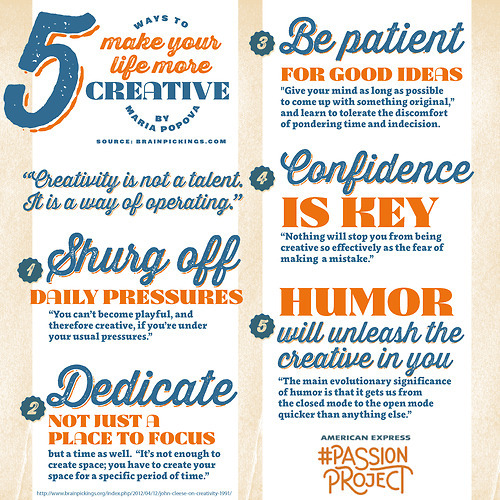(Reblogged from
99u.com)
ESO Students,
The beginning of a new schoolyear is approaching and we bet your work routines have faded during the summer... or at least they should have, because that is, after all, what holidays is about: forget school, forget work, have the nicest of times out with friends, enjoy the sun and the beach...
The bad news is now we need to get back to regular life and its routines.... and you need to get up early again! We hope these pieces of advice can help you achieve it. Yes, we know it will be hard, but it will be worth it.
Getting up early is like most any habit that makes you a more productive creative: It’s hard at first. Here are a few tips to get you started:
1. Set an exact time to get out of bed. If you normally get up at 11am, it’s unrealistic to start abruptly getting up at 6am. Think about what time you’d like to be getting up in the morning, and work up to it. Try to wake up 30 minutes earlier every week, until you get to the desired time.
2. Move up your bedtime in sync with the time you plan to get up. Seven to eight hours of sleep is the recommended dosage for maximal productivity (with a few super-human exceptions). So if you’re getting up at 6am, you’ll want to go to bed by 11pm at the latest. If you try to go to bed at midnight and get up at 5am, you’re eventually going to run into some problems.
3. Get out of bed immediately. The moment that you start procrastinating – read: hit the snooze button – it’s very easy to convince yourself of a multiplicity of reasons why you wouldn’t want to get out of bed yet. Don’t even allow those thoughts to kick in – just get up!
4. Expose yourself to sunlight. Sunlight is key to adapting yourcircadian rhythms. If you’re having trouble getting up, don’t close your blinds all the way, so you have some natural light as your wake-up call. Once you’re up, a short walk (or run) outside helps reinforce the message with your body.
5. Develop a routine for your morning. Whether it’s taking in the sunrise, brewing a cup of tea and reading the paper, or walking to the café down the street for a cup of joe, you’re more likely to continue to get up early if you develop a brief routine that is, in itself, a reward.
6. Stick with it. Know going in that it’s going to take some time to adapt to waking up early – probably about 30 days. Don’t expect to feel bright-eyed and bushy-tailed from Day 1. But if you stick with it, getting up early is likely to become one of your favorite rituals.
No copyright infringement intended. For educational, non-commercial purposes only












